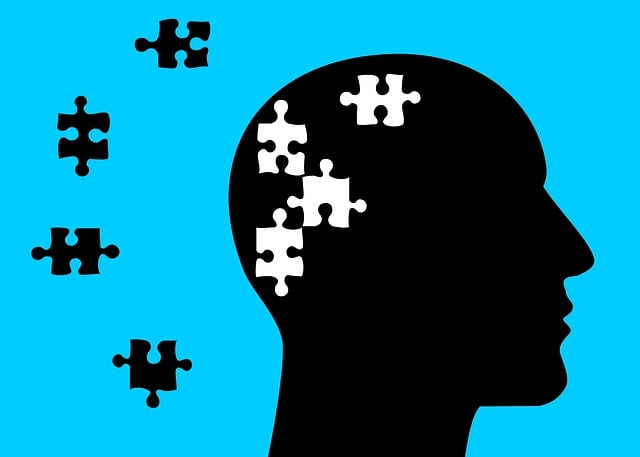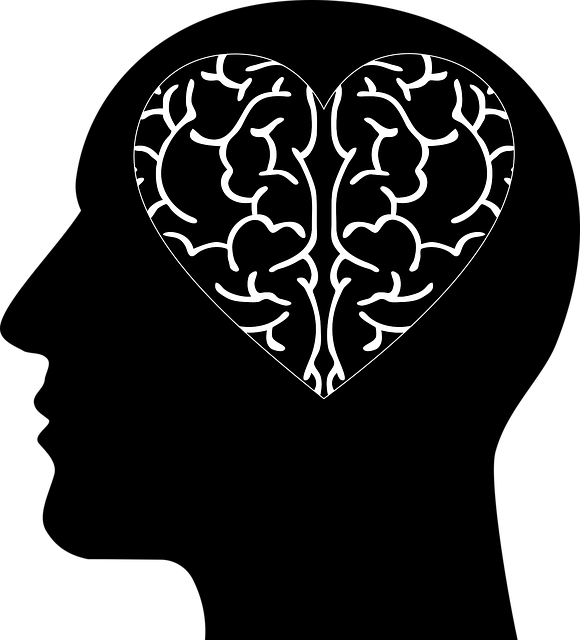Castle Rock Independent Medical Evaluations (CRIME) offer comprehensive therapy and mental wellness programs by qualified professionals. These evaluations include structured clinical interviews, self-reported measures, and behavioral observations to personalize treatment plans. In the digital era, telemedicine and wearable devices enable continuous assessment and tailored self-care routines, enhancing mental health care with data analytics and risk management tools.
Mental wellness program evaluation is a multifaceted process crucial for optimizing therapeutic outcomes. This article explores diverse methods, from traditional Castle Rock Independent Medical Evaluations (CRIMEs) that lay the groundwork for tailored therapy, to advanced technologies facilitating continuous assessment and intervention tracking. We also examine the synergistic role of structured clinical interviews and self-reported measures, bridging objective observations with subjective experiences. By integrating these approaches, mental health professionals can effectively evaluate and enhance program effectiveness.
- Understanding Castle Rock Independent Medical Evaluations: A Foundation for Therapy
- The Role of Structured Clinical Interviews in Program Evaluation
- Integrating Self-Reported Measures and Behavioral Observations
- Utilizing Advanced Technologies for Continuous Wellness Assessment and Intervention Tracking
Understanding Castle Rock Independent Medical Evaluations: A Foundation for Therapy

Castle Rock Independent Medical Evaluations (CRIME) serve as a robust foundation for therapy and mental wellness programs. These evaluations, conducted by qualified healthcare professionals, provide an in-depth understanding of an individual’s psychological state. By assessing various aspects such as mental health history, current symptoms, and functional abilities, CRIME offer valuable insights into what support is needed. This process is crucial as it personalizes treatment plans, ensuring that interventions are tailored to meet each client’s unique needs.
Beyond assessment, CRIME facilitate communication strategies, self-awareness exercises, and crisis intervention guidance. They empower individuals by enhancing their understanding of their mental health and equipping them with tools to manage challenges effectively. This proactive approach not only supports recovery but also fosters resilience, enabling folks to navigate life’s complexities with greater ease.
The Role of Structured Clinical Interviews in Program Evaluation

Structured clinical interviews play a pivotal role in evaluating mental wellness programs, offering a systematic approach to assess clients’ psychological well-being. These comprehensive assessments, often employed by Castle Rock Independent Medical Evaluations, facilitate therapy planning and progress tracking. By adhering to standardized protocols, therapists can consistently gauge symptoms, diagnoses, and treatment responses, ensuring evidence-based practices.
This method is particularly valuable in the context of public awareness campaigns aimed at promoting mental health and stress management. It aids professionals in risk management planning, enabling them to identify potential issues early on and implement appropriate interventions. Moreover, structured interviews contribute to continuous quality improvement within therapy settings, fostering a more effective and tailored approach to client care.
Integrating Self-Reported Measures and Behavioral Observations

Integrating Self-Reported Measures with Behavioral Observations is a powerful approach in Castle Rock independent medical evaluations for therapy. While self-reported measures provide valuable insights into an individual’s emotional regulation and positive thinking, behavioral observations offer tangible evidence of their mental wellness journey. This dual method allows evaluators to cross-reference subjective experiences with observable behaviors, enhancing the accuracy and depth of the assessment.
For instance, a client may self-report improved emotional stability through surveys or questionnaires. However, during therapy sessions, trained professionals can observe direct evidence of this progress—such as increased eye contact, open body language, or more consistent emotional responses—confirming the positive shifts in mental wellness and providing a holistic view of their well-being.
Utilizing Advanced Technologies for Continuous Wellness Assessment and Intervention Tracking

In today’s digital era, advanced technologies are transforming mental wellness program evaluation methods. Castle Rock Independent Medical Evaluations (IMEs) leverage innovative tools to facilitate continuous assessment and intervention tracking. These IMEs employ telemedicine platforms for remote therapy sessions, enabling clients to access care from the comfort of their homes. Wearable devices and mobile applications also play a significant role by monitoring key health indicators such as sleep patterns, stress levels, and physical activity—data that can be used to tailor personalized self-care routines for better mental health (Self-Care Routine Development for Better Mental Health).
Furthermore, digital platforms offer robust data analytics capabilities, allowing mental health professionals to track client progress over time. This not only aids in risk management planning (Risk Management Planning for Mental Health Professionals) but also facilitates evidence-based practice adjustments. By integrating these advanced technologies, Castle Rock IMEs ensure continuous support and intervention, contributing to enhanced self-esteem improvement among their clientele.
In evaluating mental wellness programs, a multifaceted approach combining various methods yields the most accurate picture. From foundational Castle Rock Independent Medical Evaluations that guide therapy, to structured clinical interviews providing structured insights, integrating self-reported measures and behavioral observations offers a holistic view of an individual’s progress. Furthermore, leveraging advanced technologies enables continuous assessment and intervention tracking, ensuring personalized care tailored to unique needs in today’s digital age.














